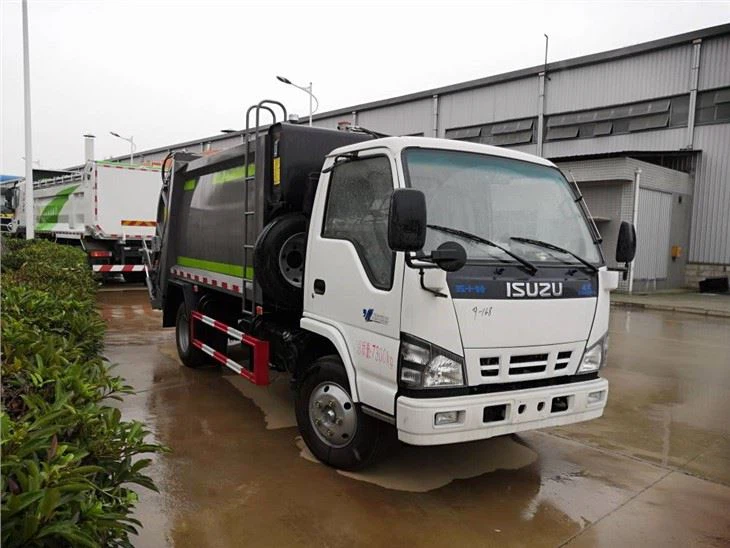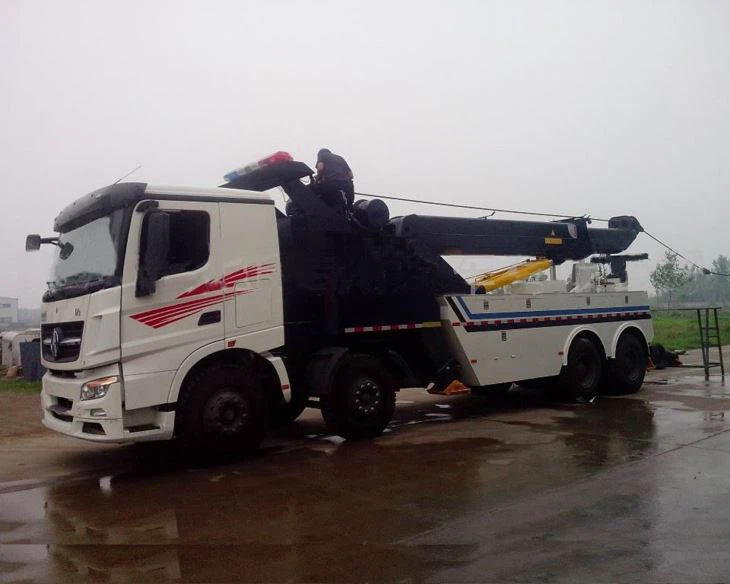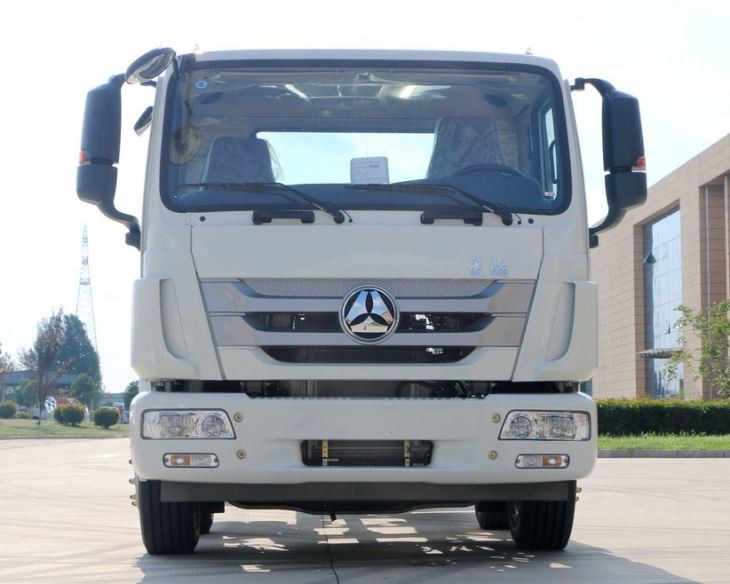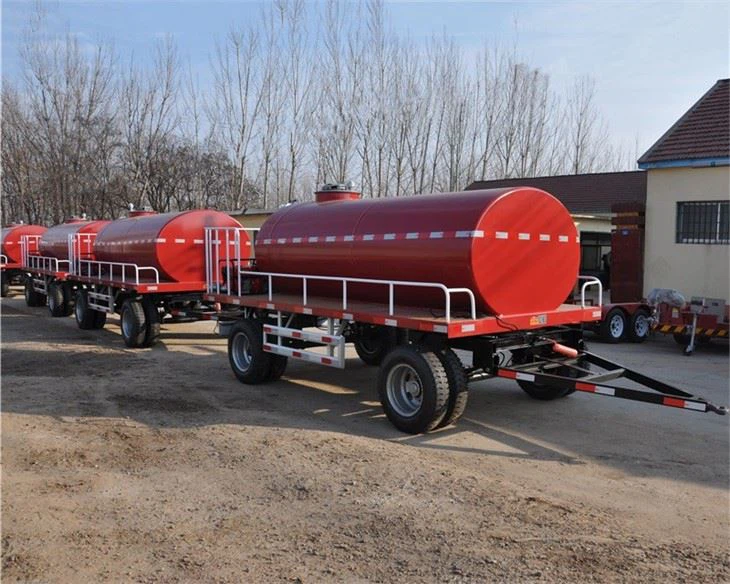Introduction
In today’s fast-paced world, disposing of waste efficiently is more important than ever. Among various waste disposal methods, dumpster pick up trucks have emerged as a critical component for both commercial and residential sectors. This article delves into the details of dumpster pick up trucks, covering their function, types, advantages, and tips for choosing the right service. Whether you’re clearing out a home, managing a construction site, or handling a community event, understanding the dynamics of dumpster pick up trucks is essential for effective waste management.
What is a Dumpster Pick Up Truck?
A dumpster pick up truck is a specialized vehicle designed for the transportation of dumpsters filled with debris and waste materials. These trucks are equipped with hydraulic systems that allow them to lift and dump contents easily into landfills or recycling facilities. They play a crucial role in various industries, including construction, renovation, cleanup projects, and regular waste disposal for homes and businesses.
The Functionality of Dumpster Pick Up Trucks
Dumpster pick up trucks are engineered to perform several key functions:
- Loading: They can easily pick up and load dumpsters from job sites or residential areas.
- Transportation: Once loaded, the truck transports waste to designated disposal sites.
- Dumping: The hydraulic system allows for the easy dumping of waste at the destination.
Types of Dumpster Pick Up Trucks
There are several types of dumpster pick up trucks, each designed for specific tasks and capacities. Understanding these types can help you make an informed choice when seeking waste management services.
1. Roll-Off Dumpsters
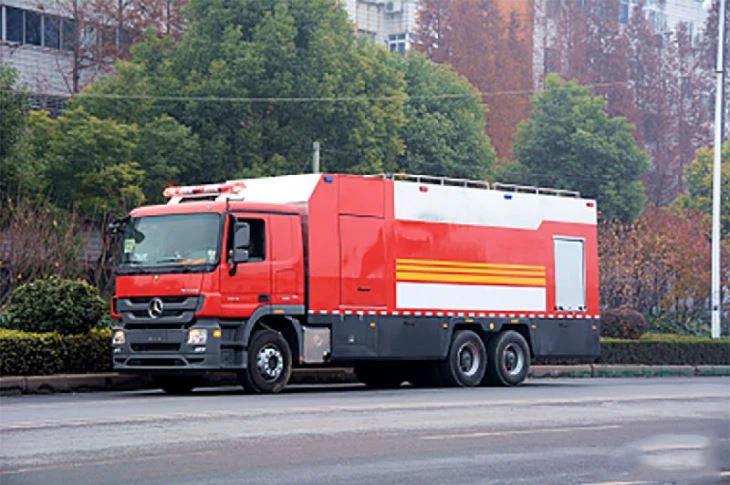
Roll-off trucks are commonly used for construction and demolition waste. They have a flatbed that allows the dumpster to roll off when the truck is tilted, making loading and unloading easier.
2. Front Loader Trucks
Front loader trucks are equipped with forks in the front, enabling them to lift and empty commercial dumpsters. They usually service businesses that generate large volumes of waste.
3. Side Loader Trucks
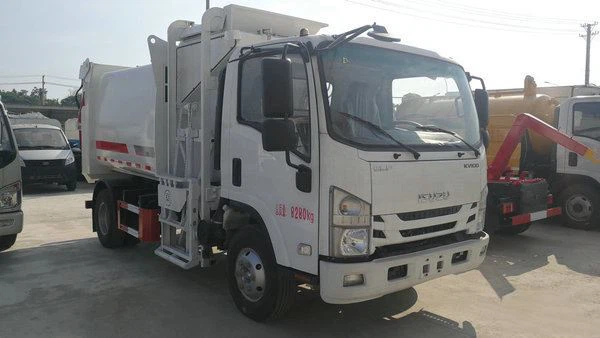
These trucks unload dumpsters from the side, making them particularly useful in urban environments where space is limited. They are efficient for residential areas.
4. Compact Trucks
Compact trucks are smaller and are ideal for picking up waste in residential areas. They can access areas that larger trucks cannot, providing a flexible solution for small-scale waste disposal.
Advantages of Using Dumpster Pick Up Trucks
Using dumpster pick up trucks offers numerous advantages, making them a preferred choice for waste disposal:
1. Efficient Waste Management
Dumpster pick up trucks streamline the process of waste collection and disposal, ensuring timely and efficient service.
2. Environmentally Friendly
Many dumpster services focus on recycling and proper disposal of waste, contributing to environmental sustainability.
3. Cost-Effective
They provide a cost-effective solution for large-scale waste disposal, especially when compared to traditional waste collection methods.
4. Convenience
With scheduled pickups, clients can efficiently coordinate waste removal without disrupting daily operations or schedules.
Choosing the Right Dumpster Pick Up Truck Service
Selecting the right service for dumpster pick up can be a daunting task. Here are some practical tips to guide you:
1. Assess Your Needs
Consider the amount and type of waste you need to dispose of. This will help determine the size and type of dumpster truck service you require.
2. Research Local Services
Look for reputable local companies that offer dumpster pick up services. Online reviews and word-of-mouth recommendations can guide you in the right direction.
3. Inquire About Sizes and Types
Different services may provide various sizes and types of dumpsters. Make sure to inquire about the options available to suit your requirements.
4. Compare Pricing
Request quotes from different providers and compare their pricing. Ensure transparency regarding additional fees, such as fuel or landfill charges.
5. Check Environmental Policies
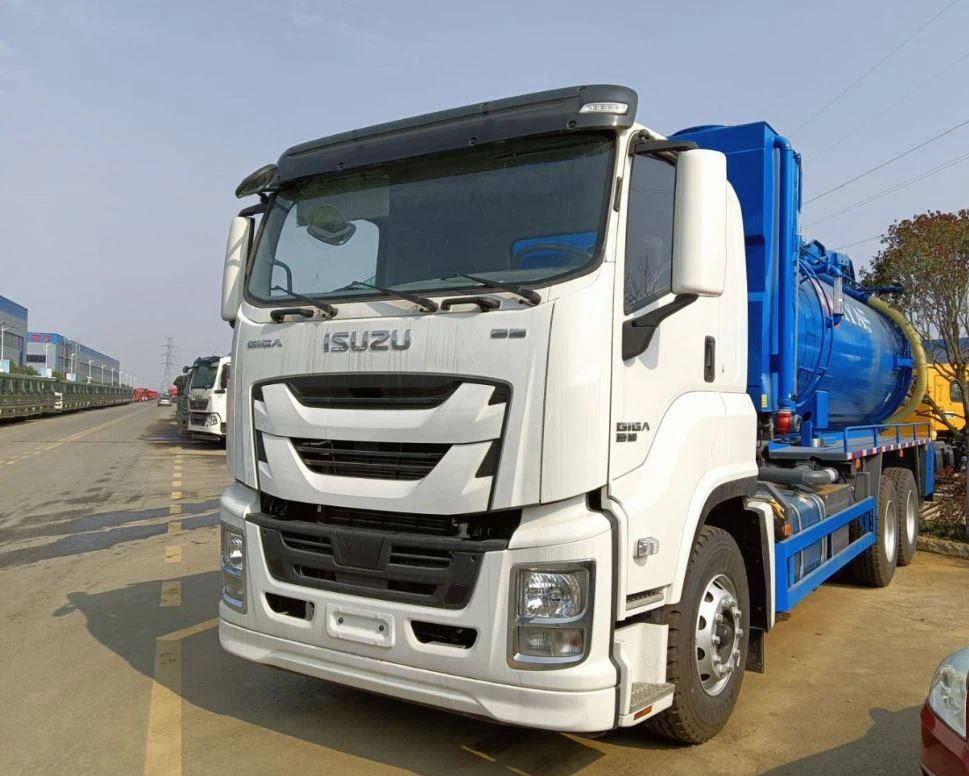
Choose companies committed to environmentally-friendly practices, such as recycling and waste diversion programs.
Practical Examples of Dumpster Pick Up Truck Usage
Understanding real-life applications of dumpster pick up trucks can provide context on their effectiveness:
1. Home Renovation Projects
For homeowners undertaking renovations, renting a dumpster pick up truck can facilitate the disposal of debris like wood, drywall, and old fixtures.
2. Construction Sites
Construction businesses often use roll-off trucks to dispose of excess materials and waste, ensuring a tidy and safe work environment.
3. Events and Festivals
During large events, dumpster pick up trucks are essential for collecting waste generated by participants and attendees efficiently.
Frequently Asked Questions (FAQ)
1. How much does it cost to hire a dumpster pick up truck?
The cost varies based on the location, size of the dumpster, type of waste, and duration of the rental. On average, prices range between $300 to $800.
2. What size dumpster do I need?
It depends on the amount of waste you have. Small clear-outs often require a 10-15 yard dumpster, while large projects may need a 20-30 yard dumpster.
3. Can I throw away hazardous materials?
No, hazardous materials such as chemicals, batteries, and asbestos generally cannot be disposed of in standard dumpsters. Contact your local waste management facility for guidance.
4. How long can I keep the dumpster?
Rental periods vary by company but generally range from a few days to a week. Extensions can often be arranged for an additional fee.
5. What happens if the dumpster overflows?
Overflowing dumpsters can incur additional charges, and waste may not be collected until it is appropriately contained.
6. Do I need a permit for a dumpster?
In some areas, a permit is required for placing a dumpster on public property. Check with your local municipality for specific regulations.
Conclusion
With the rise in waste generation and the need for effective disposal methods, understanding dumpster pick up trucks is vital for both residential and commercial management. By selecting the right service, you can ensure efficient waste handling while contributing to a cleaner environment.
